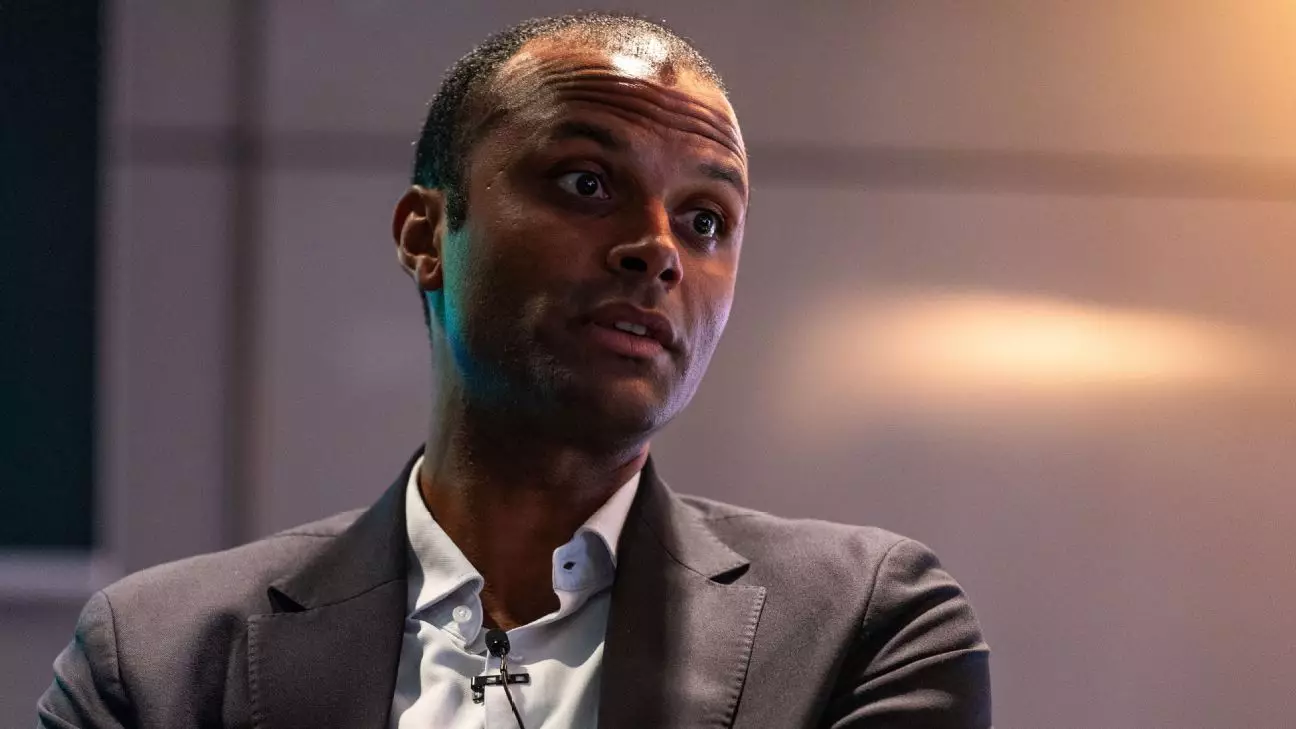In recent discussions surrounding player welfare in football, Maheta Molango, the chief executive of the Professional Footballers’ Association (PFA), voiced serious concerns over the increasing demands placed on football players. He has highlighted the risks of burnout, injuries, and ultimately, a shortening of careers for prominent talents such as Jude Bellingham, Bukayo Saka, and Phil Foden. As football’s grueling schedule stretches through various competitions without ample rest, Molango warns that a considerable “price to pay” is looming if the sport’s governing bodies do not act swiftly to modify these exhausting demands.
High-profile players, troubled by the intensive workload, are beginning to unite in their frustration. Discussions of potential strike action are emerging as a serious possibility, with players recognizing that their health and livelihoods are being jeopardized by an unrelenting fixture schedule. Molango’s cautionary statement reflects not only the urgency of addressing these issues but also the pervasive fear that young stars could be pressured into accepting shorter careers filled with injuries.
The consequences of excessive play are no longer theoretical; they are painfully real. Talented athletes like Bellingham, Saka, and Foden have succumbed to injuries after participating in the Euro 2024 finals and subsequently resuming their club duties. Similarly, other top athletes, including Rodri and Dani Carvajal, are grappling with season-ending injuries due to the relentless pace of the football calendar. These instances underscore how an unsustainable schedule can severely undermine the potential of tomorrow’s stars.
Molango emphasizes that safeguarding these athletes is paramount. He asserts that young talents must be preserved not only for the sake of their careers but also for the admiration and pride they awaken in fans. With stars like Bellingham and Saka under immense pressure to perform consistently, there is a growing realization that the current model can be damaging. Beyond mental exhaustion, physical ramifications such as repetitive injuries and long-term joint issues are becoming substantial risks, illustrating the dire need for structural change.
The PFA highlights an alarming trend regarding the physical toll that modern football takes on players. As Molango pointed out, players’ physical conditions could deteriorate significantly if they continue to be forced into back-to-back seasons with minimal downtime. The rise in serious injuries, such as hip and knee replacements among former players, serves as a grim reminder of what many athletes may face if the situation remains unchanged. Football cannot merely be seen as an entertainment product; it is a profession that demands consideration of the people behind the spectacle.
Furthermore, top professionals, including Rodri from Manchester City, have openly discussed the potential for collective action if current conditions persist. The player’s sentiments echo a growing discontent within the ranks, accentuating the call for authorities to acknowledge and act on players’ concerns regarding fixture congestion. The dilemma posed by FIFA’s new Club World Cup scheduling further raises crucial questions about the feasibility of maintaining competition levels without sacrificing athlete well-being.
The might of player unions cannot be understated as they rally for change on behalf of their members. As Molango and other representatives indicate, the future of football may well depend on how effectively they advocate for players’ rights. IDEAL solutions must focus on reducing the burden of fixtures to allow stars to manage their physical demands while still enhancing the quality of play enjoyed by fans.
The prospect of widespread strike action underscores the seriousness with which players are approaching their predicament. As frustrations mount and leaders like Rodri express the limited options available if changes do not materialize soon, there is an urgent need for dialogue among stakeholders – clubs, governing bodies, and players – that prioritizes health and well-being without sacrificing the integrity of the sport.
It is clear that the conversation around player workload is not only timely but necessary for the evolution of football. A systemic overhaul is needed to better protect players’ interests and well-being, ensuring that talents like Bellingham, Saka, and Foden can thrive for extended periods. As discussions progress, football must strike a balance between maintaining its competitive edge and guaranteeing that the athletes who drive its success can do so both physically and mentally intact. Otherwise, the beautiful game risks being stripped of its brilliance, leaving a legacy of unfulfilled potential in its wake. The time for change is now; the future of football is indeed at stake.

